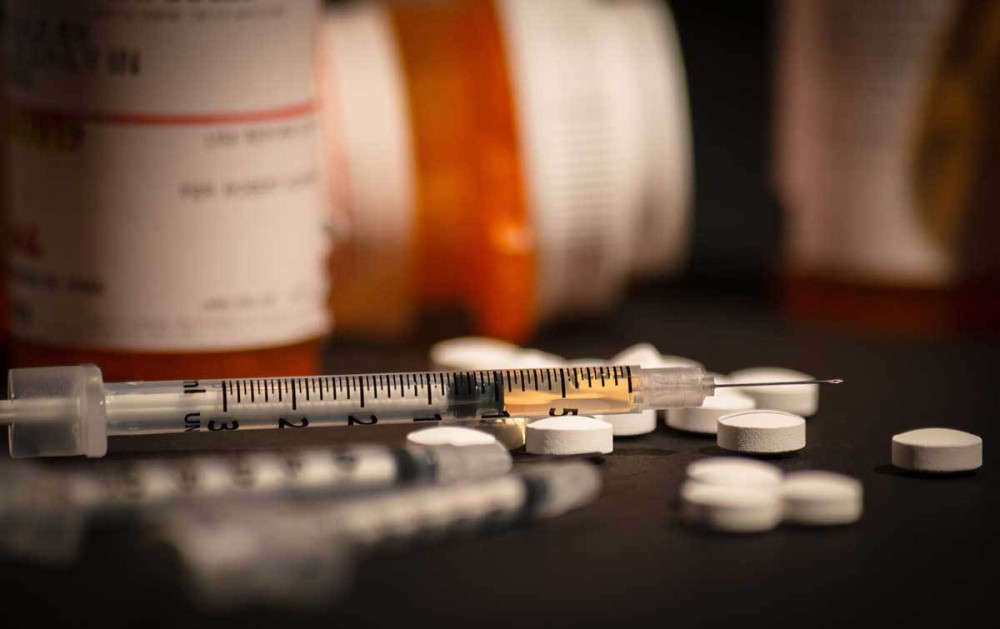When the opioid crisis shows up at our church’s doorstep
Dealing with our community’s real issues

When I entered parish ministry three decades ago, it never occurred to me that I should take a course in how to save someone’s life from a drug overdose. I understood the need for training in CPR and how to use an AED—medical emergencies happen. But I didn’t expect the drug crisis to appear on the church’s doorstep.
One morning some months ago, members of our church staff arrived at the church’s fellowship house to find all kinds of bodily fluids, including blood, in front of the door. We knew a man named Jim had been sleeping on the porch for weeks. Neighbors told us an ambulance had arrived in the middle of the night and taken Jim to the hospital. As far as they could tell, he had overdosed.
As a downtown church with a ministry to our neighbors on the streets, including a Sunday dinner and an outreach center, we knew many people who could end up in Jim’s situation. We occasionally found needles and empty drug packets in the bathrooms. From time to time our outreach team needed to ask someone to leave the building, and once they had called an ambulance.




